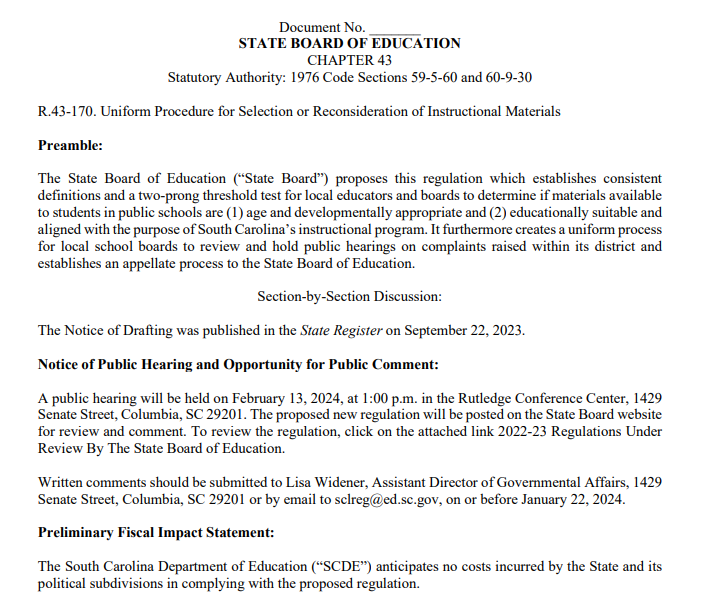An Erosion Of American Civic Understanding

Adam Crain
What is the purpose of a college education?
One might say that it is to prepare students to find a job, and be a successful member of the workforce. No doubt, that is a key purpose of college and if that is the goal, data suggests colleges have been largely successful.
The Bureau of Labor Statistics, for example, reports that the August 2016 unemployment rate for those with a bachelor’s degree or higher was 2.7% while the unemployment rate for those with just a high school diploma remained stubbornly around 5.1%, a high/low comparison that has been the trend for years.
Many of you though, would probably rightly suggest that only considering the economic value of a college education is a far too narrow prism to look through, especially for a liberal arts education. Not only is economic value not the sole purpose of college education, it is arguably not even the most important. That distinction may well belong to the need to teach students how to engage in civic life.
W. Taylor Reveley IV is the president of Longwood College, home to the 2016 Vice Presidential Debate. He is concerned, as we are, that the teaching of the tenets of civic life in American colleges is slowly going by the wayside in favor of a college experience that focuses too narrowly on job preparation. In a Wall Street Journal article titled Teaching the Habits of Democracy, journalist Joseph Rago explores this dilemma with Mr. Reveley who opines:
“Is college necessary for economic growth? I think so, but I could conceive of other ways that could be achieved. Is it necessary for democracy? Like the founders, I would say that it absolutely is. What I cannot conceive of is how we could have robust democracy and free society without the advantages of college.”
Thinking about how the continuation of the American Experiment rests on education, Mr. Reveley says:
“It was of paramount importance that there were enough people educated broadly enough and specifically educated to be participants in a free society – which is what the curriculum was deliberately geared toward, that there would be the wherewithal within the body politic to ask the right questions, to have the wisdom to elect the leaders with the temperament and character to preserve liberty.”
At all levels of education, and especially in college, students must be taught how to be productive members of American society as well as being taught the qualities necessary for making money in a twenty-first century economy. At the Palmetto Promise Institute, we aren’t neglecting to push for common sense ideas that addresses both of these twin pillars of education.
Our Hurricane Gray publication lays out the clear danger of not preparing our workforce for the looming financial responsibilities of the future. And we’re hard at work on many ideas to open up access to high-quality education for every student in South Carolina.
In pursuit of a richer American civic life, Palmetto Promise was proud to support Representative Chip Huggins’ South Carolina Founding Principles Act which became law this past legislative session and requires South Carolina high school students to be taught America’s founding documents and pass the U.S. Citizenship and Naturalization test as a requirement of graduation. We hope to see a similar idea for our institutions of higher education make progress on in the coming legislative session – we will keep you updated.
Both ideas represent a concerted effort to enlist and engage the minds of tomorrow’s leaders in preserving the best of our Republic. And given the rampant frustration and distrust of our bedrock institutions and political processes, a focus on civic education has never been more needed. Wouldn’t you agree?




